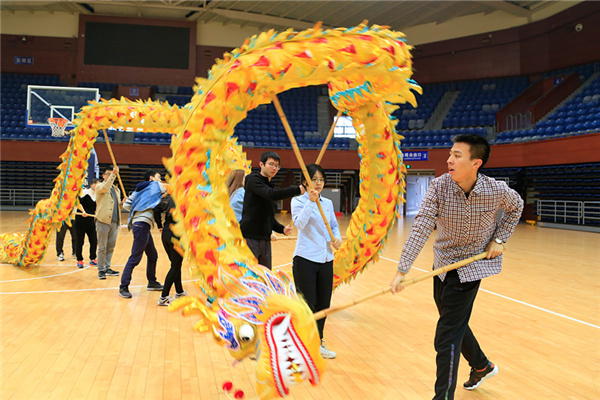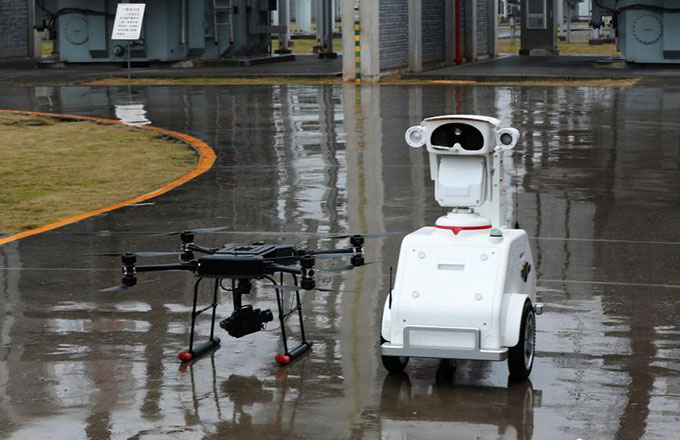Nanjing to remove poplars to curb troublesome catkins
Nanjing, Jiangsu province, is planning to remove most of its 10,000 poplar trees to reduce the number of catkins, or flower pods, which can be a major irritation in springtime.
The poplars will be replaced with other varieties that are easier to manage, the city government said.
Qi Peiwen, an official at the Nanjing gardening and greening bureau, said it will take about three years to remove all the poplars across the city, including in the downtown area and along freeways.
"The city planted many poplar trees around 2000 because they were cheap, grew fast and improved the environment in a short time," she said. "They can grow very tall in three to five years and begin to shed countless white catkins."
The catkins can cause allergic reactions in people when they flower in April and May. Many people across China find it necessary to wear masks to avoid breathing in the irritating flowers of the poplar, willow and plane trees.
Tian Runan, a professor in Nanjing Forestry University's gardening and plants department, said the city is famous for the 380,000 trees that line its roads and provide shade in summer, but there are not many different varieties, especially ones with a pleasing shape and colorful leaves.
He suggested that other kinds of trees - ginkgo, cedar, maple and cherry - should be planted to replace the poplars.
Qi said that after 17 years most of the poplar trees are entering a period of decline.
"Many have holes in their trunks and fragile branches," she said. "They may cause injuries in downtown areas if they fall."
Yin Qiumin, an officer at the Nanjing traffic control bureau, said most of the removal work will be done between 8 pm and 6 am to avoid disturbing the lives of the city's 8 million people.
Qi said his bureau has tried many ways to reduce the amount of seeds and flowers from plane and poplar trees, including radiation, injecting growth inhibitors and putting plastic bags under the flowers. However, none of these approaches proved effective.






















